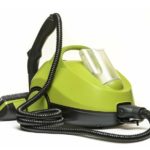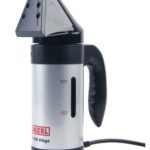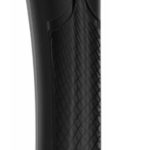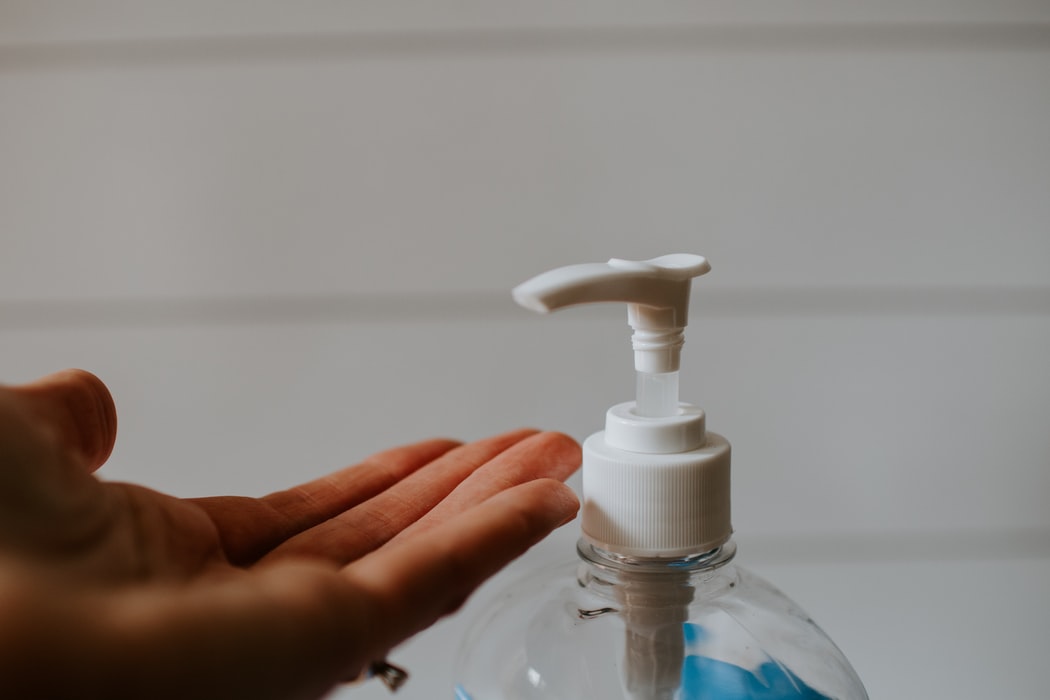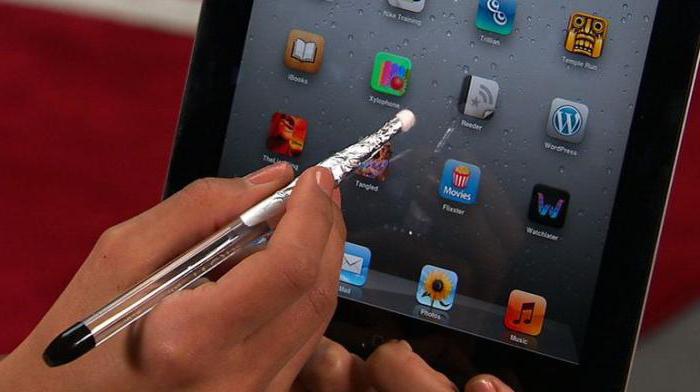How our grandmothers washed it, or the secrets of cleaning many years ago
Today, modern housewives have at least 3-5 bottles of different detergents in their arsenal, which are necessary for routine house cleaning. Sometimes the desire for cleanliness leads to the fact that all of them do not fit in one closet. And many of them harm not only the environment, but also human health.
Now let's remember what kind of order our grandmothers had. And the stove shines, and there is no dust, and the tiles shine, and the floors are streak-free. But at that time, the maximum that could be found was whiteness and laundry soap, which have now lost their relevance. What is the secret of such an ideal state of the house? What did they use, because household chemicals were in short supply at that time, if not to say that they were not available in stores at all. Let's take a short excursion into the past to unravel the little secrets of cleaning many years ago.
The content of the article
Plaque on mixers
Tap water often leaves a limescale residue, which only accumulates over time. If you start the situation and don’t pay attention to the problem, then any mixer (even the most expensive!) will quickly break. Therefore, it is extremely important to periodically remove deposits.
Most household chemicals contain aggressive components, which, of course, will cope with plaque, but it is also possible that they will also remove chromium along with it.For this reason, maintenance of faucets should be regular and, most importantly, timely and delicate.
There is a very simple and affordable way to keep your taps shiny and clean. It is enough to rub them with a slice of lemon from time to time, and then wipe them dry with a paper napkin. You can also rinse with clean water. This trick will help you keep your faucets in perfect condition and prevent them from breaking down prematurely.
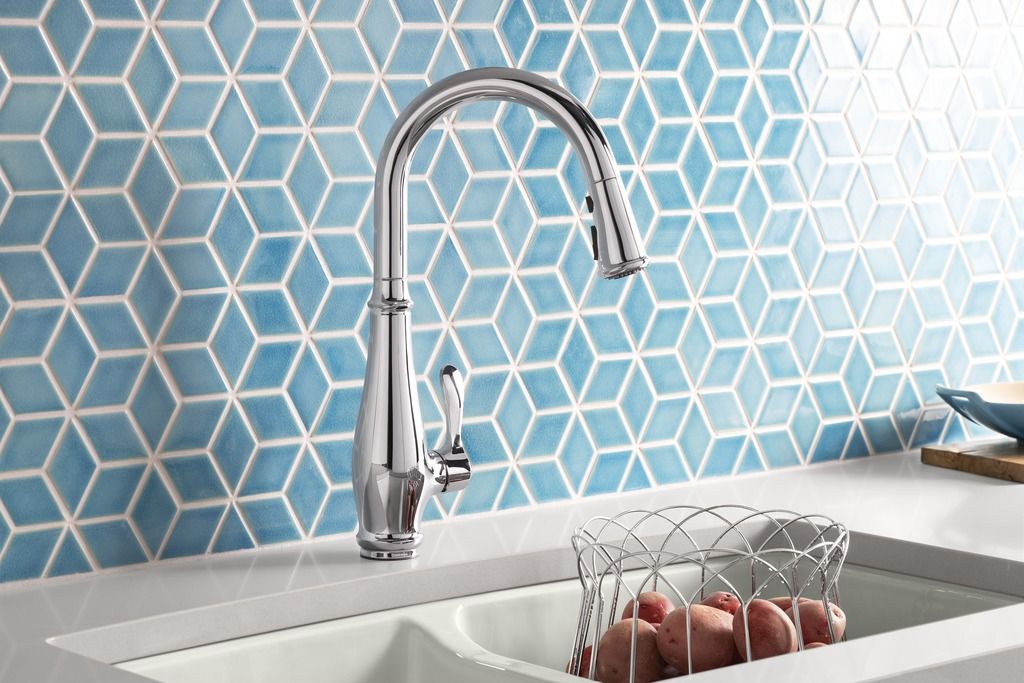
Mold on the walls
Even invisible fungus can cause harm to health, let alone the situation when mold is quite noticeable and occupies a significant part of the wall.
To remove it, sometimes you have to resort to complex manipulations that take a lot of time and effort. However, our grandmothers used a different method and, it is worth saying, there was no mold on their walls. However, wallpaper was rarely found in their homes, so the method is only suitable for painted walls. Although, if mold in your home has “attacked” the rooms too much, then you will have to remove the wallpaper and carry out a series of simple steps.
What need to do? To begin with, the problem area is treated with a hard brush or sponge, which must first be moistened in white vinegar. Then prepare the solution:
- 200 ml water;
- 300 ml grape vinegar;
- 6-7 drops of tea tree oil.
Pour the resulting mixture into a spray bottle and spray onto the treated area. Wait 20–30 minutes and rinse with clean water.

Stains on cutlery
Silver items are often covered with dark stains. However, this is a natural process that indicates the oxidation of the metal. In most cases, household chemicals can make things even worse, which is why our grandmothers cleaned silverware in their own rather primitive ways.There are only two of them, but both show high efficiency:
- To remove stains, apply baking soda to the silver with a damp sponge, rub well, rinse and dry.
- Take a small container. Place a sheet of aluminum foil on the bottom, silverware on top, cover with a layer of soda and pour boiling water (so that it completely covers the items). Leave for 15–20 minutes. Then remove, rinse and wipe dry. If the metal is very dark, then the procedure can be repeated until it shines.
If you need to clean copper, immerse the cutlery in warm vinegar, leave for a while, and then wipe dry with a soft cloth.
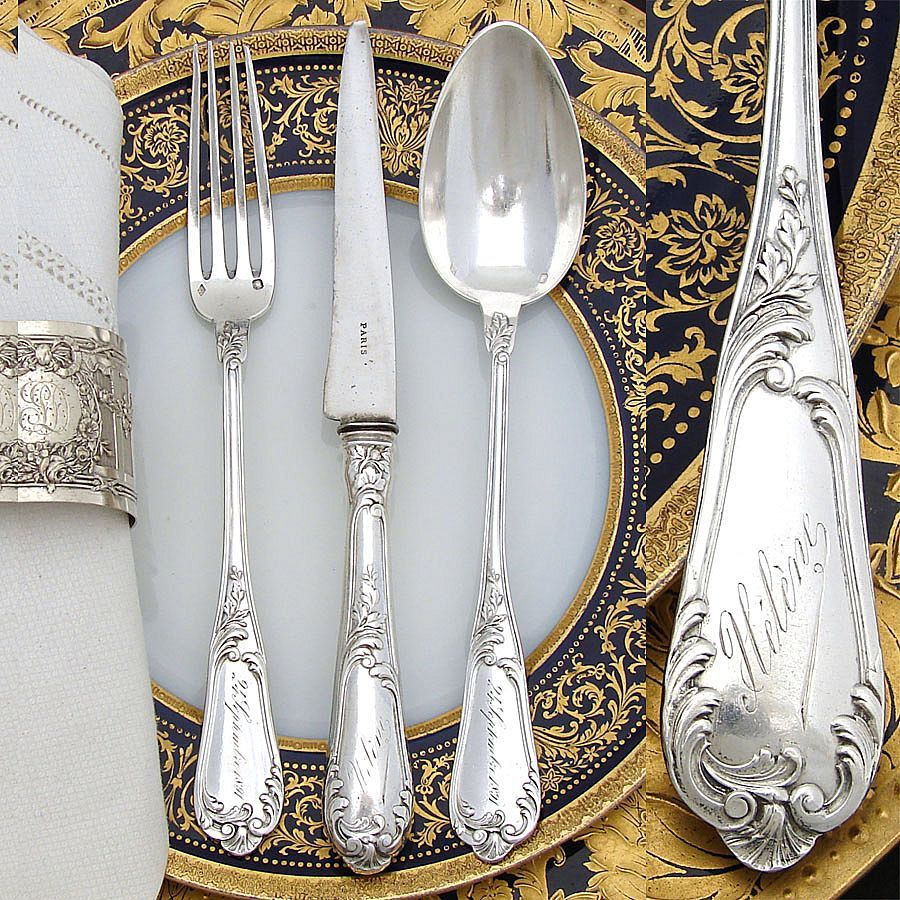
Dirt on the tiles
Sometimes tiles (especially in the kitchen) become dull over time and become covered with a greasy coating. Unfortunately, it is sometimes difficult to return it to its former appearance, but you really want it to shine. But our grandmothers used a fairly easy method for this, and for each type of tile they had a separate recipe:
- If it is made of sandstone, then you just need to clean it with soda. Better yet, make a porridge-like mixture, apply it to the surface, leave for 5-10 minutes and rinse.
- To restore the purity of terracotta tiles, you need to dilute 15–20 ml of lemon juice in 500 ml of water and treat the contaminated area with this mixture.
- Cement tiles should be cleaned with a brush and potato broth.
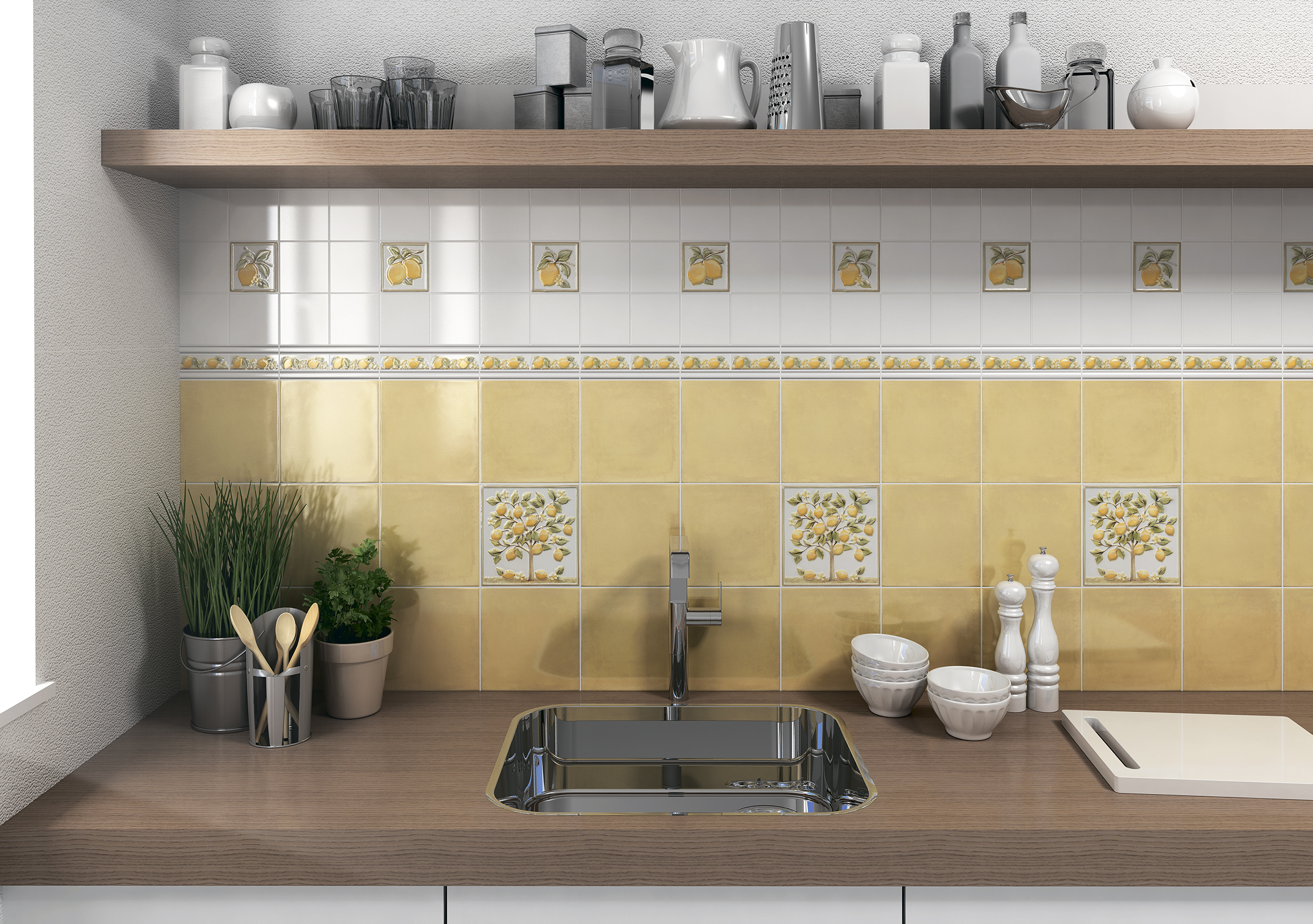
Stains on glass
Almost everyone knows that our grandmothers (and mothers) cleaned their windows with ammonia or alcohol-containing products. But grape vinegar was also popular for this purpose. It was mixed with water in a 3:1 ratio (for example, 300 ml of vinegar and 100 ml of water) and a glass washing solution.
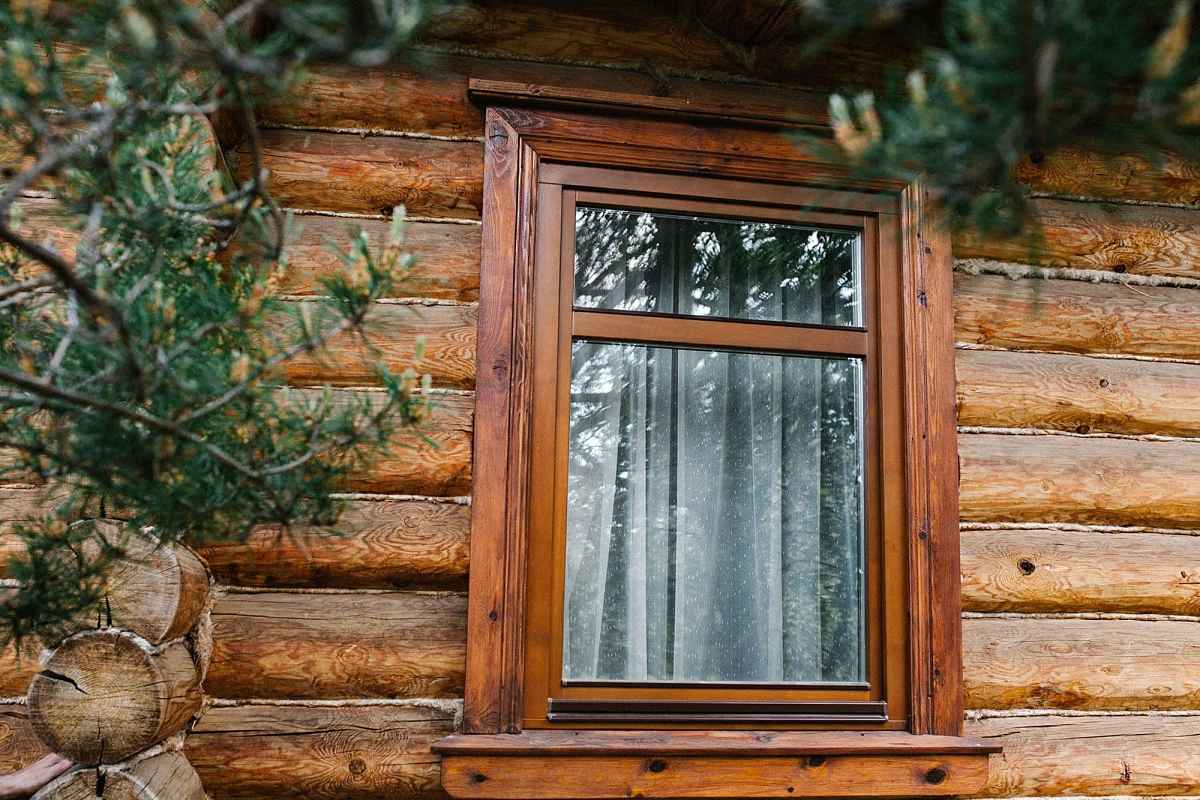
Spiders in the house
Although these arthropods do not cause significant harm or danger, their “living” in the house is a rather unpleasant situation.But in the past, they did not use any household chemicals to repel them, but used other methods:
- Place chestnuts, cut in half, in the corners of the house. The smell can repel spiders. But this method is not suitable for those who have small children, because curious fidgets put everything in their mouths, tasting it (a kind of knowledge of the world), and chestnuts, by the way, are quite toxic.
- Spray grape vinegar (white) all over the walls. It will also scare away uninvited guests. But this procedure needs to be repeated from time to time.
Fresh bouquet
A bouquet of freshly cut flowers adds coziness and color to the interior even on the cloudiest day. And our grandmothers knew how to preserve this freshness for a long time. You just need to take 500 ml of water, add 300 ml of white vinegar and about 70 grams of powdered sugar.
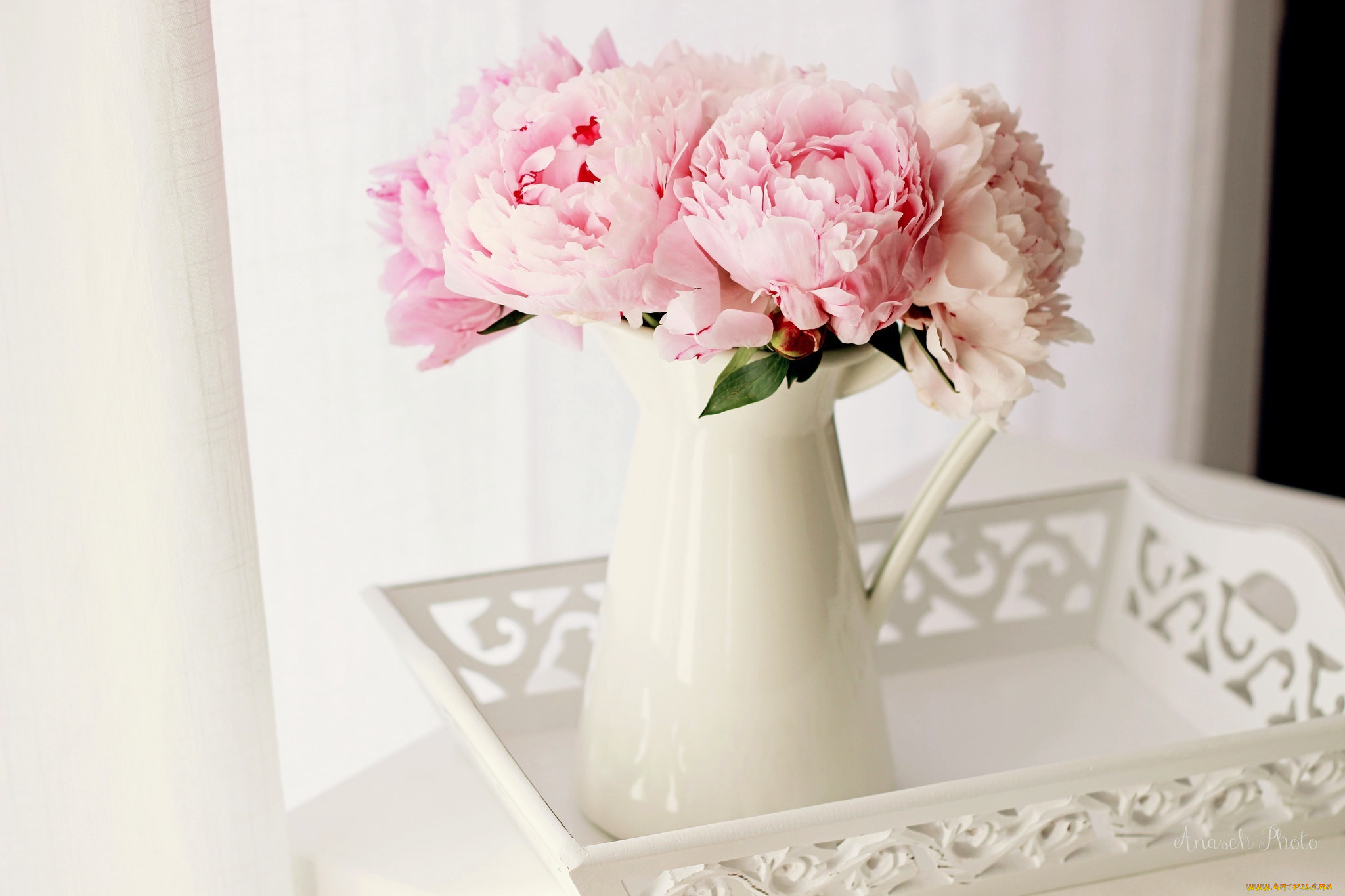
These are the simple ways that helped our grandmothers and mothers keep the house clean and even prolong the life of some household items. What secrets do you know? Share with us in the comments.

